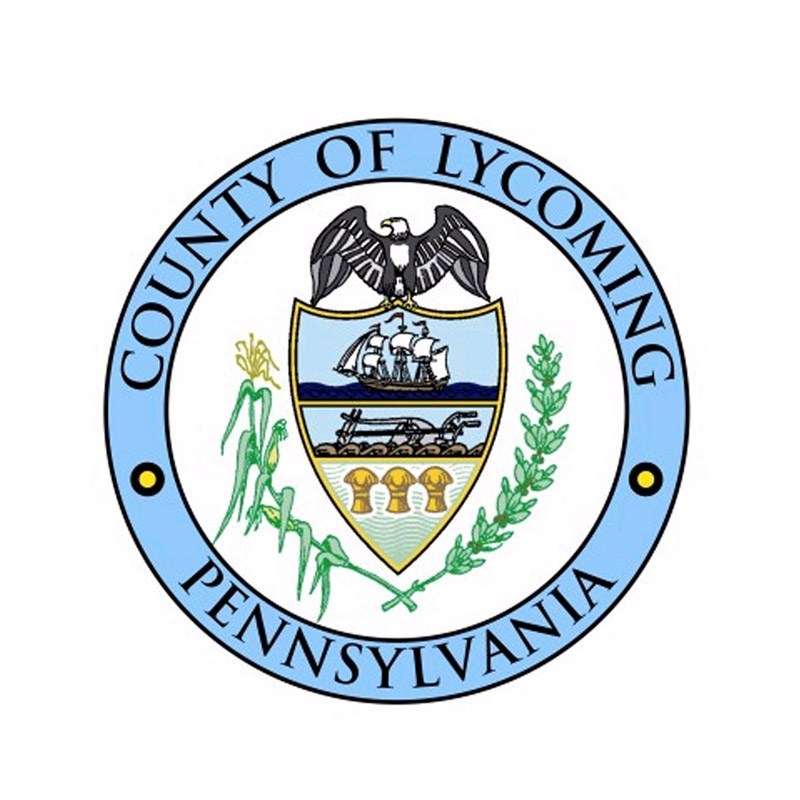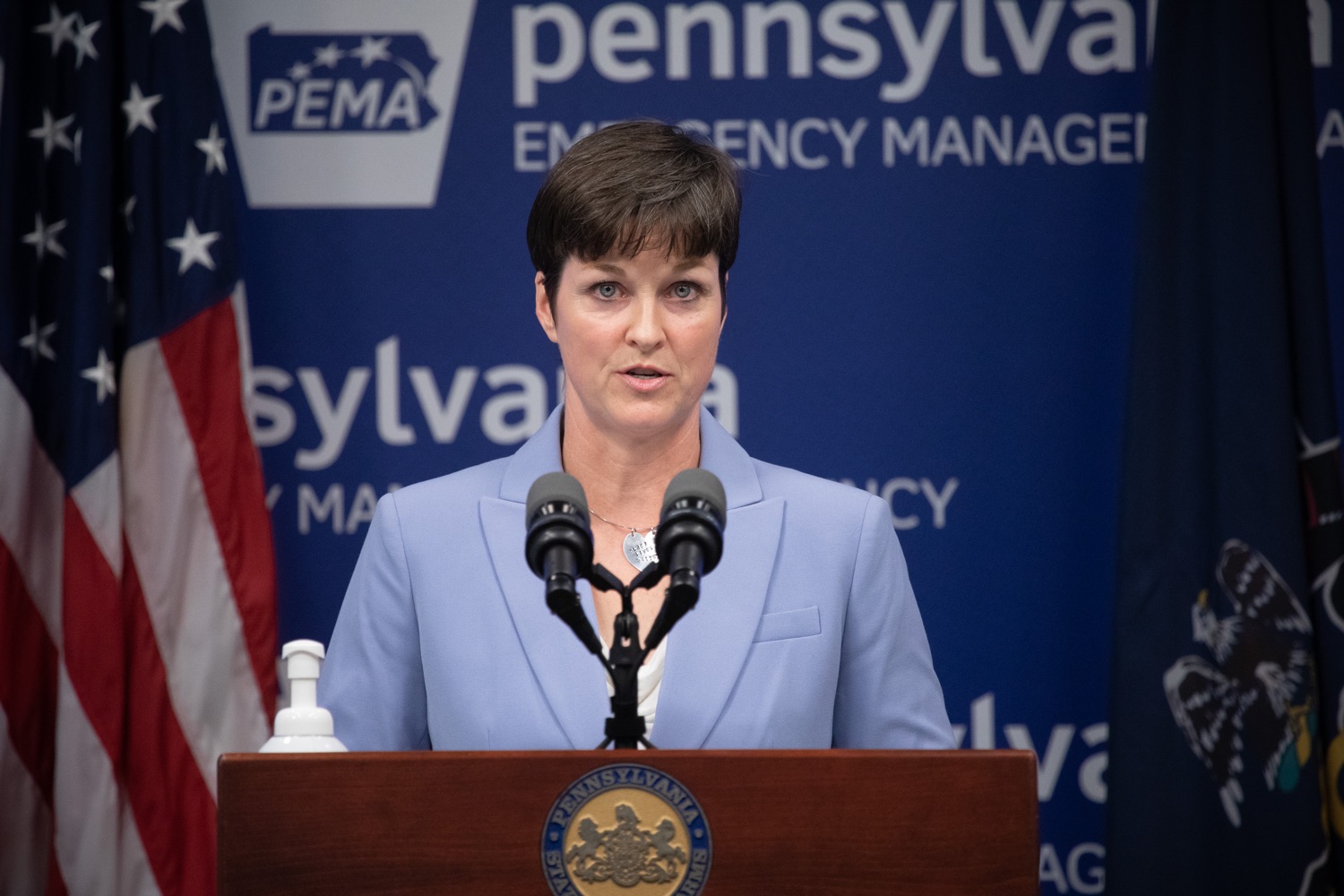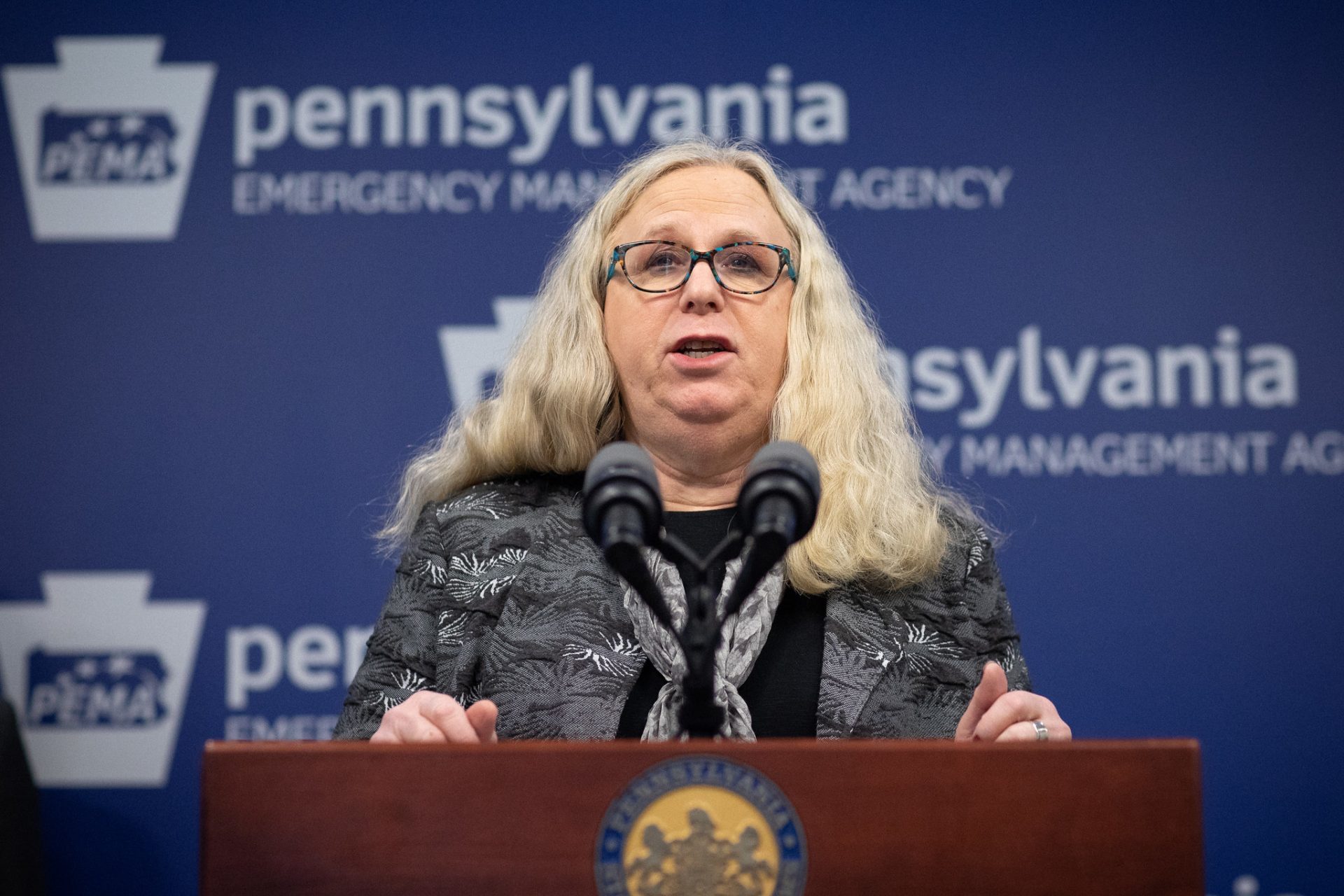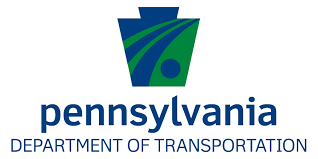The application window is open for Lycoming County learning centers, nonprofits, municipalities, and fire/emergency medical services (EMS) to apply to receive part of a grant the county received to assist them with COVID-19 expenses.
The application deadline for learning centers is Sept. 22 for the COVID-19 County Relief Block Grant (CRBG) funds. The deadline for the other entities is Oct. 2.
The county received a $10.2 million CRBG grant from the Coronavirus Aid, Relief, and Economic Securities Act (CARES Act), through the state Department of Community and Economic Development (DCED).
The county commissioners voted Tuesday to tentatively award the following allocations from the grant (which may change based on demonstrated need):
- Alternate learning center sites: $1.5 million (at $300 per student)
- Nonprofits: $1 million
- Municipalities: $250,000
- Fire/EMS: $150,000
The funds do not have to be repaid. Funds can be used for eligible costs from March 1 to Dec. 30, 2020 including operating costs, rent, mortgage interest, utility payments, eligible capital expenses, and more. Invoiced documentation is required.
SEDA-Council of Governments (SEDA-COG) is assisting the county by providing professional expertise and grant administrative services, as well as activity development and management to ensure accuracy and adherence with federal and state regulations.
County Commissioner Scott Metzger said the county is dedicated to alleviating the economic impact the pandemic has caused.
“Recognizing the tremendous economic loss felt throughout our county, we’ve allocated these funds to a broad spectrum of entities to try to alleviate some of that loss,” Metzger said.
Fully completed applications are due by 11:59 p.m. Sept. 22 for alternate learning center sites and by 11:59 p.m. Oct. 2 for the other entities via email or fax. Mailed forms must be postmarked by those respective dates.
Zoom meetings will be held to learn more about the programs and to ask questions:
- 1 p.m. Sept. 17 – learning centers
- 1 p.m. Sept. 21 – nonprofits
- 2:30 p.m. Sept. 21 – municipalities
- 3:30 p.m. Sept. 21 – fire/EMS
Zoom login information, grant eligibility requirements, and applications are available at www.lyco.org/covidrelief. Applications may be emailed to Covidrelief@lyco.org, faxed to 570-320-2135, or mailed to Lycoming County Department of Planning and Community Development, 48 W. Third St., Williamsport, PA 17701.
For more information, contact the Lycoming County Department of Planning and Community Development at Covidrelief@lyco.org or 570-320-2130.
As a community and economic development agency, SEDA-COG enhances the quality of life and economic advantage for residents and businesses in 11 central Pennsylvania counties through its vital partnerships and initiatives. SEDA-COG also is an advocate for the interests of its communities at the state and federal levels. For more information, visit www.seda-cog.org.











